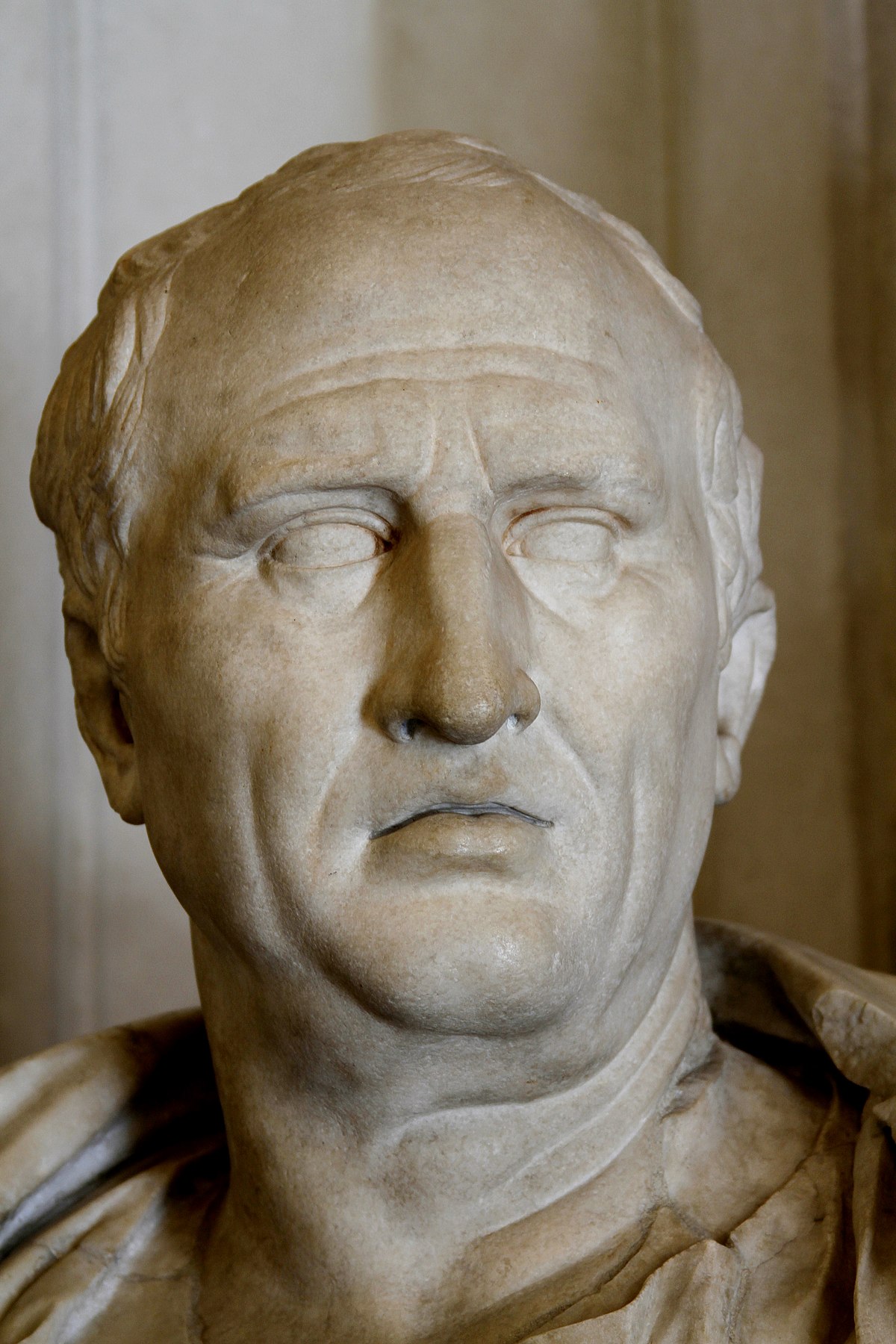December, 1953. This photo shows my extended family celebrating their first Christmas as newcomers to Canada. The women in the photo were born in Ukraine; my dad and Uncle #2 were born in Germany.
Dinner was around a maple table in a rented house in the Wolseley neighbourhood. Yes, there's the ubiquitous fowl … probably a turkey, but maybe a goose … centre stage.
Because I write fiction, I won't identify these people (except my parents). They don't need to be directly attached to the stories I’ve created about them. Suffice it to say, they’ve inspired my writing. As a fiction writer I'm interested in creating stories with compelling character arcs but I strive to be accurate with the historical and physical setting.
Aunt #1: Far left. A talented seamstress who would sew any dress a young girl could imagine.
Next, my mom. Three months pregnant with me in this photo. She’s wearing a home-knit red vest, that I might actually still own.
Next to her, my father. Three years earlier he'd been released from a Soviet POW camp.
Aunt #2: Standing at the back, in the middle. As my mom’s youngest sister, she adopted a lost refugee child during the flight from the Soviets, back in 1945. Married later here in Canada and had 2 sons.
Uncle #1: Married to Aunt #1. He was 51 years old here. His history included exile to Arkhangelsk in 1915, life under Stalin, life under Hitler, time as a Soviet POW and finally arriving in Canada where he worked until his retirement as a school janitor. He made some really good homemade wine in his Okanagan home in his later years where he liked to talk about the Russian years to anyone who’d listen. We all dreaded his stories as kids.
Cousin #1: Next to Uncle #1, on the right, daughter of Aunt #1 and Uncle #1. She was the last of this group to pass on, back in September of this year. Known for her beautiful garden in the Okanagan she didn't talk much about the past.
Uncle #2: Married my Aunt #3 in 1952. I know little about him. He died of asbestos poisoning after working at Alcan smelter for many years. Mostly, he's defined in my memory as the man with the white Cadillac.
Aunt #3: Married to Uncle #2. My mom's other sister. Childless, she adopted two children.
A photograph with endless stories. Tragedies, comedies, romances, children’s tales … and big secrets. All the faces seem preoccupied. Are they thinking of the past … of the decimated old world? Perhaps they’re looking ahead ... to the potential of this new world.
The table around which these Christmas dinner guests sat has been in my house until this fall when my youngest daughter took it over to her new place, also in Wolseley. Legs chopped down to make it coffee table size, maybe it’ll continue to absorb conversation.
My immigrant family. I’m grateful for their adventurous spirit, their courage and for their stories. Maybe I was just a twinkle in my dad’s eye, or a slight bump in my mom’s lap … but like that table, I feel like I’m a part of that dinner, too. And almost 70 years old!
Happy Christmas Dinner to all.









